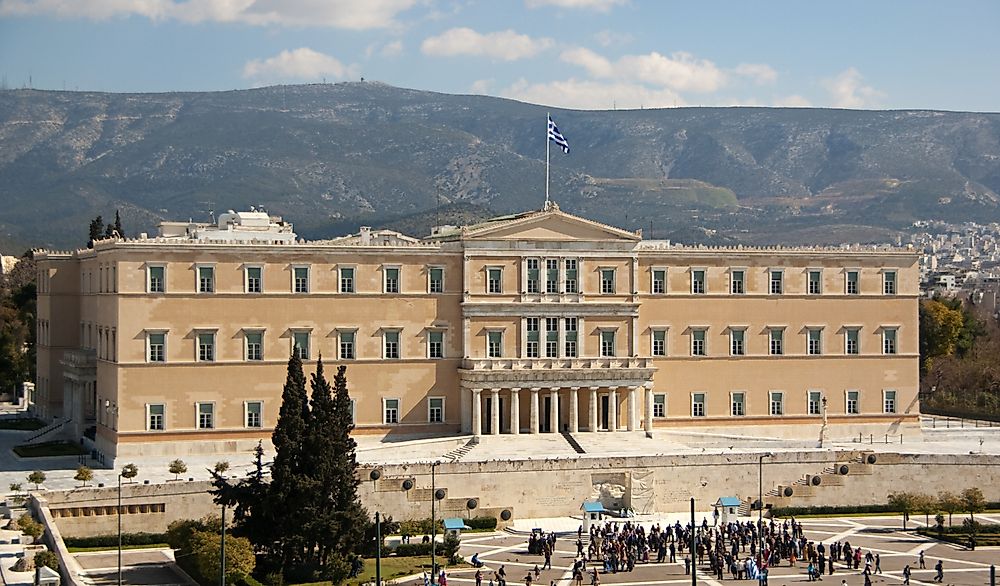Is Greece A Country?

The Montevideo Convention signed on December 26, 1963, in Montevideo, Uruguay, defines a country as a political unit with ultimate political authority over its territories and people. According to this definition, for any place to be recognized as a country, it must have a permanent resident population, a government, distinct territory, and capacity to enter into relationships with other countries. Greece thereby qualifies as a country as defined by the Montevideo convention.
Greece, officially known as the Hellenic Republic, is located in Southern Europe. It is the southernmost of the countries of the Balkan Peninsula. Greece is the cradle of western civilizations it is the birthplace of western literature, democracy, civilization, western drama, mathematical and scientific principles, and the Olympic Games.
History
The history of Greece dates back to the Paleolithic era where evidence of early human settlement was found in the Petralona cave. Greece underwent three main civilizations that played a key role in establishing Greece as a country. The defeat of Persian invaders in the early 5th century marked the beginning of a new era, known as the Golden Age of Pericles when Athens became the cradle of western democracy. In 1830, Greece gained independence from the Ottoman rule marking the end of foreign rule and occupation in the country. Since independence, Greece was ruled as a monarchy headed by a King. However, the monarchy was abolished in 1974 when the first elections were held and a referendum that established a parliamentary republic.
Geography
Greece lies at the crossway of Africa, Asia, and Europe on the southern edge of the Balkan Peninsula. It is bordered by the Cretan Sea and the Mediterranean Sea to the south, the Aegean Sea in the east, and the Ionian Sea to the west. It is only to the northern region that Greece shares a land border with Albania to the northwest, the Republic of Macedonia and Bulgaria to the north, and Turkey to the northeast. It also comprises of 2,000 islands and only 227 are inhabited. Due to its geophysical location, Greece’s landscape is mainly mountainous.
Demography
Greece has a population of 10,816,286 of different ethnic, religious, and linguistic backgrounds. Historical and geophysical factors have played a crucial role in the social composition, demographic trends, diversity, and settlement patterns of Greece’s population. The population has undergone rapid changes in the last several decades to coincide with the wider European trends characterized by low fertility rates and rapid aging. Fertility rates stand at 1.41 with only 14% of the entire population below 14 years and 21% above 65 years. Greek, the official language in the country, is one of the oldest languages in the world with Koine and Byzantine being widely used by Christians in the New Testament.
Economy
Greece has a progressive high-income economy with very high living standards. Its economy is one of the least developed economies in the European Union but the most developed of the Balkan States. Albeit experiencing rapid economic growth after the Second World War, the country’s resources are still limited and industrialization is still slow following huge deficits in the balance of payments. The free enterprise economy is widely dependent on tourism, shipping, and remittances from expatriates.











